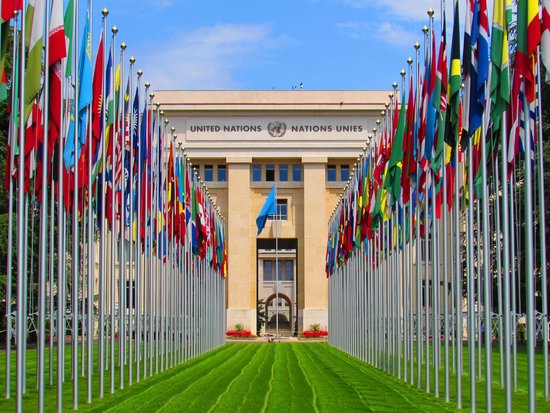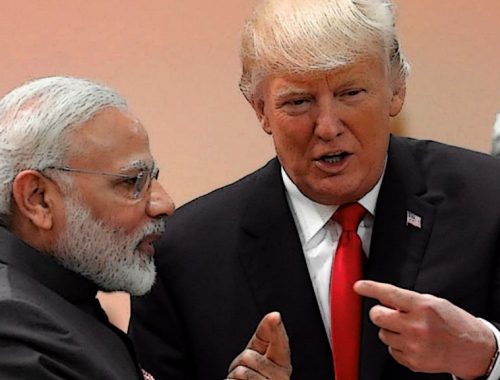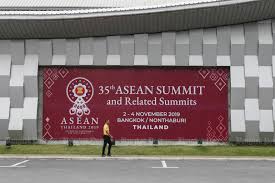In a strong message for China, the President of the United Nations General Assembly (UNGA) Tijjani Muhammad-Bande changed the language of the resolution to be adopted by UN on the 75th anniversary of the foundation of the global body.
The resolution that will be adopted in September will have a new sentence and not the one that has been a key part of Chinese foreign policy and backed by the Chinese communist party.
This after 6 countries – India, US, UK, Australia, Canada and New Zealand objected to the use of language – “community with a shared future for mankind’, which has been talked about by Chinese Xi Jinping many times as his vision for the world.
Several European countries were not very happy with the use of the phase. UN member state sources told WION, “Its a much broader concern shared by many.”
The concept and the language – community with a shared future for mankind – first talked about by former Communist Party of China (CPC) general secretary Hu Jintao is strongly backed by Chinese president and current general secretary of Communist Party of China (CPC), Xi Jinping. Xi has raised the concept and the language on many occasions including during his UNGA Speech at the 70th session of the body and his speech at World Economic Forum at Davos in January 2017.
Another UN source explained, “UNGA President proposing an alternate language..its recognition of what we had asked for, vindicates our stance”
Interestingly, China had put the phase under “silence” procedure and not at the negotiation stage which many UN member believe is not by chance. Under the silence procedure, the proposal is deemed to be passed, if no one “breaks the silence” by raising a concern. China had not taken kindly to the “silence” being broken and backed by Pakistan, Syria and Russia had written a letter to UN.
The proposed wording by UNGA President “for the common future of present and coming generations” was given approval for the resolution via silence procedure with China not objecting to it. Any objection by China could have led to a deadlock, and perhaps a controversy even as UN marks 75th year of existence.
The resolution which has been put on UN Website calls for reforms and lists out 12 commitments with COVID-19 pandemic reminding “us in the most powerful way that we are only as strong as our weakest link”.
On COVID, the resolution says, “It is even more important as we build back better from the COVID-19 pandemic….We need a strong UN development system” and “the COVID-19 pandemic continues to reverberate around our world. In a matter of weeks, the pandemic manifested itself as the largest global challenge in the history of the UN”
Declaration has strong references to terrorism, peacekeeping operations of U.N. which are of direct interest to India and key priorities for New Delhi.
On UNSC reforms which India has been talking for a long time, the resolution says “we commit to instil new life in the discussions on the reform of the security council…” highlighting how the world of today is very different from what it was when the UN was created 75 years ago.
On terror, the resolution says, “Terrorism and violent extremism conducive to terrorism are serious threats to international peace and security.”
It pays tributes to UN peacekeepers saying, “Over the years, more than one million women and men have served under the UN flag in more than 70 peacekeeping operations”. India is the 4th highest troop-contributing countries with more than 6700 troops from India being deployed on UN peacekeeping missions.
Reinvigorated multilateralism is also a word which appears, which is also a matter which Indian PM Modi himself has articulated as reformed multilateralism.
All of the above which the resolution talks about also forms key focus areas for India as it sits at the United Nations Security Council from 1st January 2021 for a period of 2 years. It was elected earlier this month and got 184 votes and was the sole candidate for the Asia Pacific seat.
India’s priority areas as UNSC elected member are – new opportunities for progress, effective response to international terrorism, reforming the multilateral system, comprehensive approach to international peace and security and promoting technology with a human touch as a driver of solutions.




